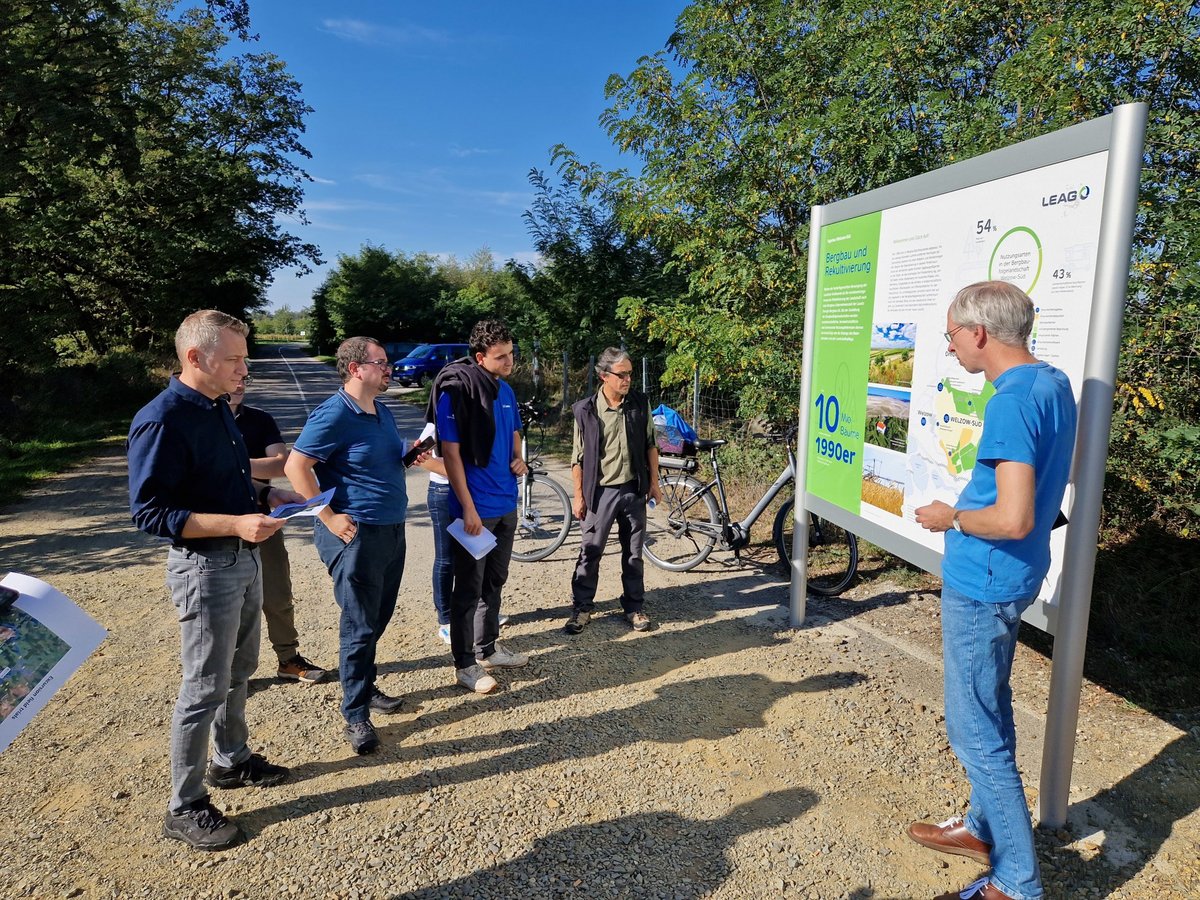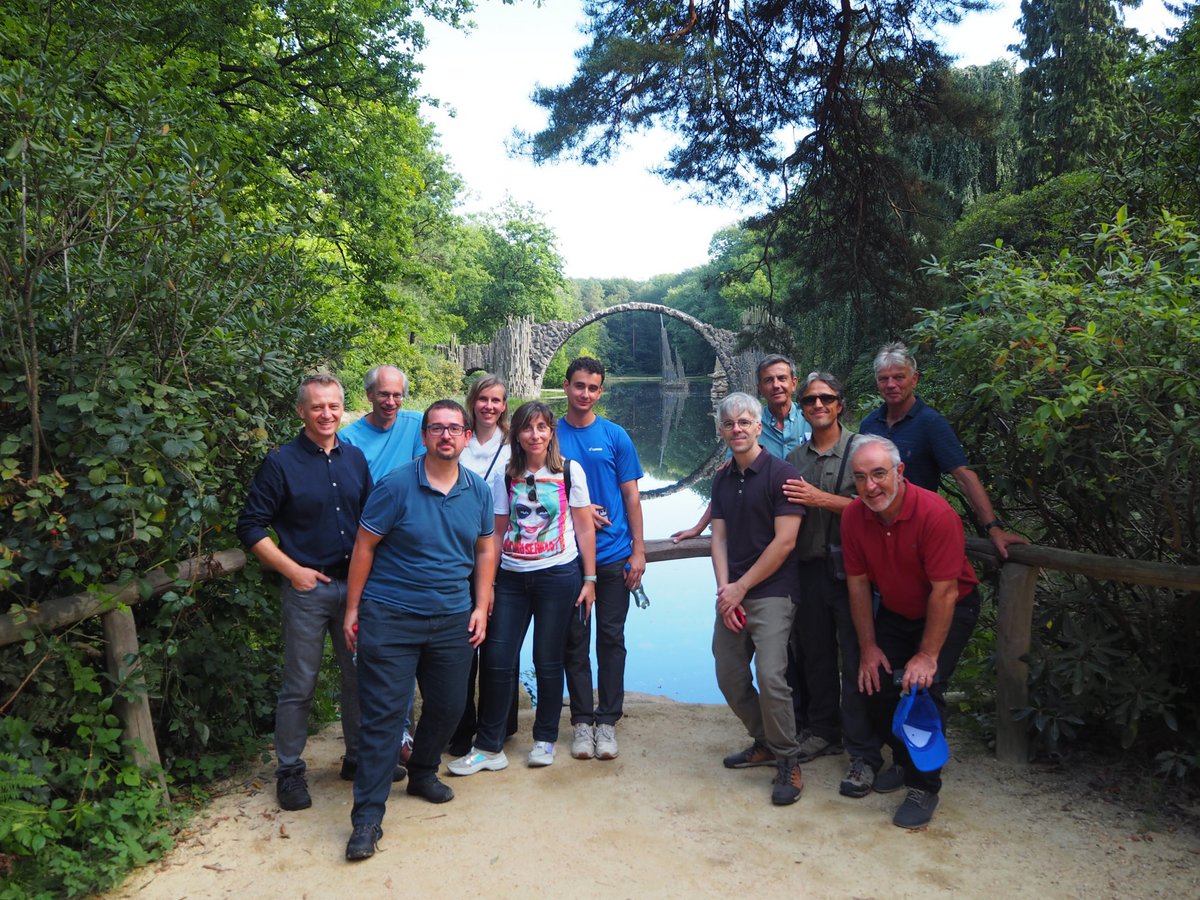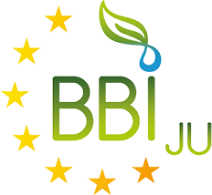On the potential of plant biomass for a bio-based industry in Europe
The BeonNAT project aims to develop innovative products from hitherto little-used plant biomass for the biobased industry. The biomass used is obtained from shrubs, trees and other woody species. The project's work ranges from the cultivation and harvesting of selected species to the extraction and purification of oils and plant extracts, paper production, biochar and activated carbon production. In particular, the BTU is working closely with the Spanish state research center CEDER-CIEMAT and the Romanian University Ştefan cel Mare Suceava. The project consortium also includes 13 other partners from research, industry and consulting.
Prof. Dirk Freese, who is leading a central work package on the part of the BTU together with Dr. Steffi Schillem and Dr. Werner Gerwin, emphasizes the importance of close coordination and on-site meetings: "Our joint project comprises a total of ten work packages. One of them is being supervised at the BTU by my team at the Research Center for Landscape Development and Mining Landscapes (FZLB). We work closely together with our partners, so that we meet regularly every two months for online meetings. For our scientific investigations we use two biomass experimental plots each in Spain, Romania and in Germany (in the Lausitz region). Our field trips there, to Kromlau and to the Welzow-Süd open pit mine, not only enriched the discussions about our research. They also provided valuable insights into our working methods. At the same time, another excursion took place to the Leibniz Institute for Agricultural Engineering and Bioeconomy e.V. (ATB) in Potsdam. There, the focus was in particular on the pilot plant for the production of (poly)lactic acids as a basis for the production of bioplastics. This underscores our commitment to sustainable practices and was extremely well received by our partners."
The BTU's project tasks include providing biomass as a basis for the basic studies and for product development. As the leader of Work Package 2, we are responsible for planning and conducting or guiding the conduct of the field trials, as well as collecting biomass development data. We also conduct biodiversity surveys (ground beetles, higher plants). This meeting served as a platform to share valuable insights and show progress on various work packages as we work together toward our goals. In the past, project meetings could only be conducted online or hybrid. This time was different and was welcomed by all participants. In addition to productive conversations, the meeting featured a number of workshops and package-specific working discussions that funded knowledge sharing among our dedicated team.
This was the 6th meeting of the project consortium, and only the second of these to be held in attendance. BeonNAT started with a duration of five years in July 2020. It receives a financial support of €5,341,357.50 from Bio Based Industries Joint Undertaking (JU) under grant agreement No. 887917. JU receives support from the European Union's Horizon 2020 research and innovation program and from the Bio Based Industries Consortium. The BTU is funded with 483,500 €.
Contact
Forschungszentrum Landschaftsentwicklung und Bergbaulandschaften (FZLB)
T +49 (0) 355 69-4224
steffi.schillem(at)b-tu.de





